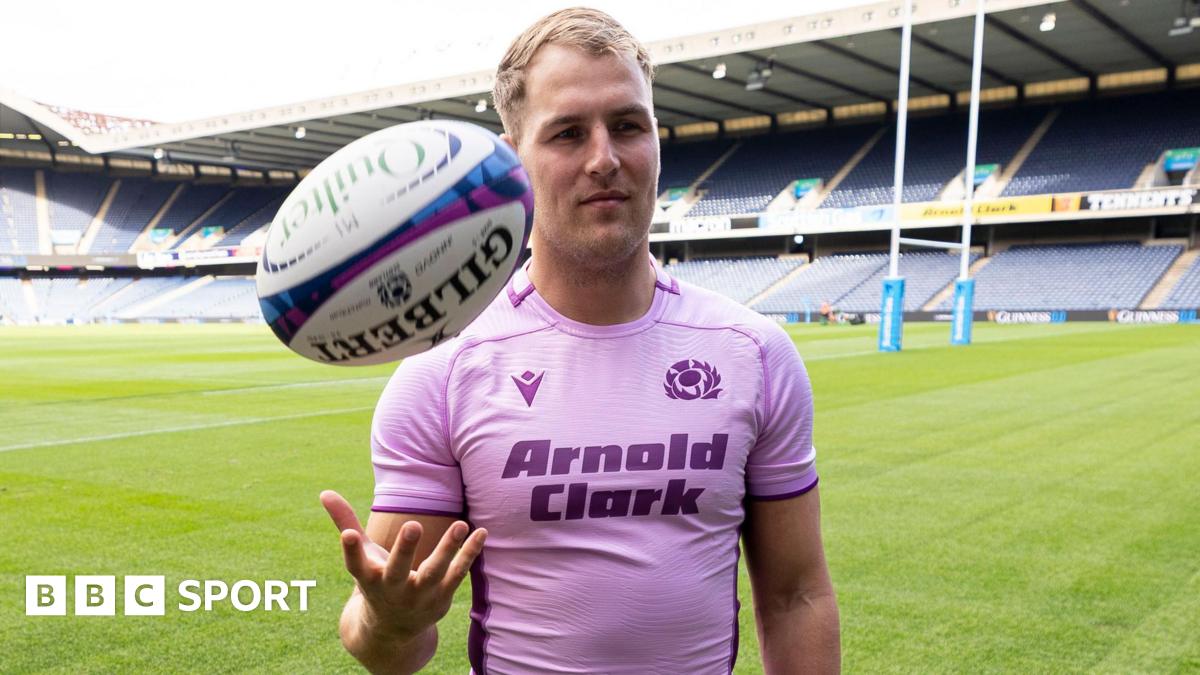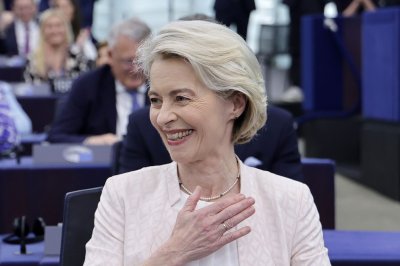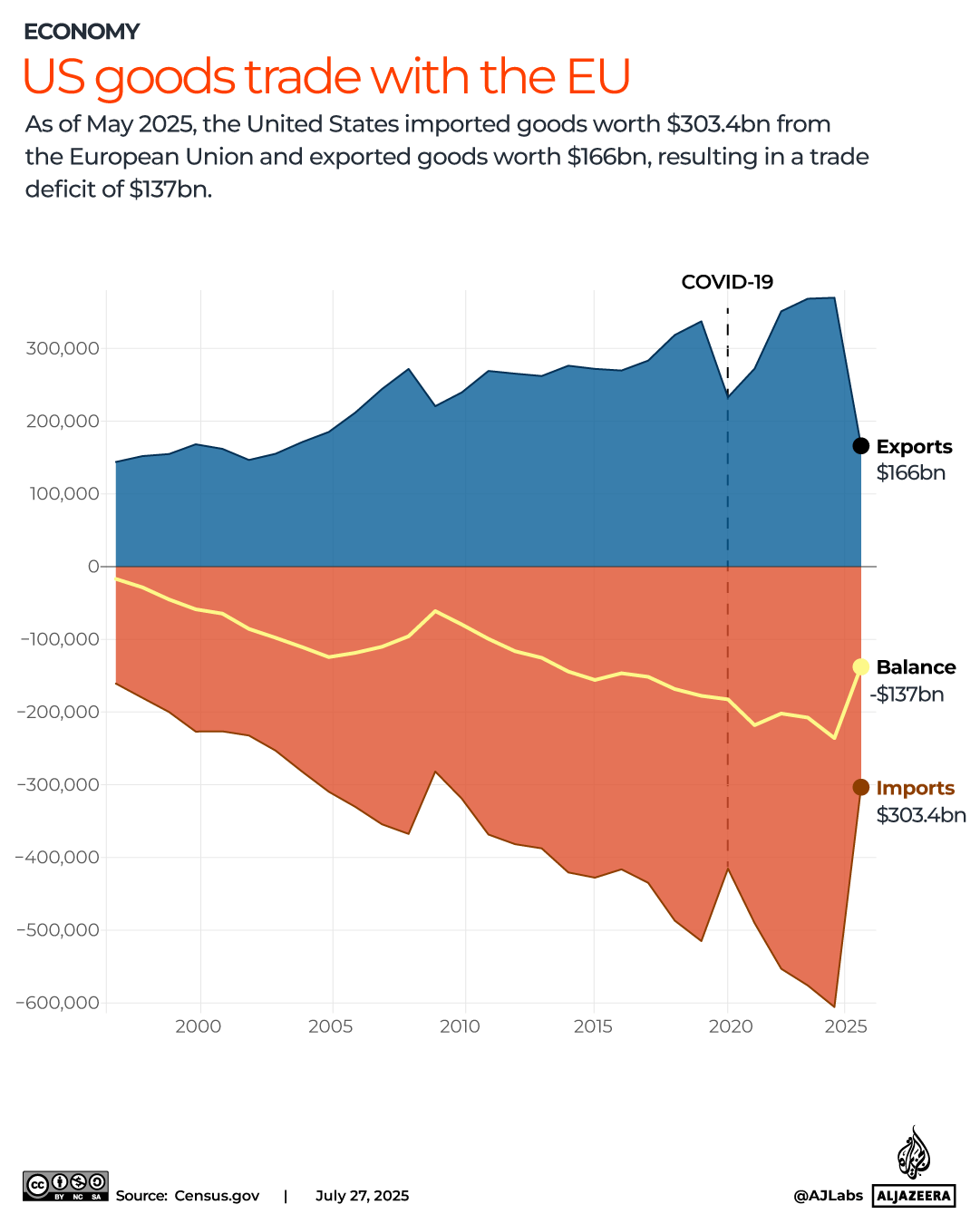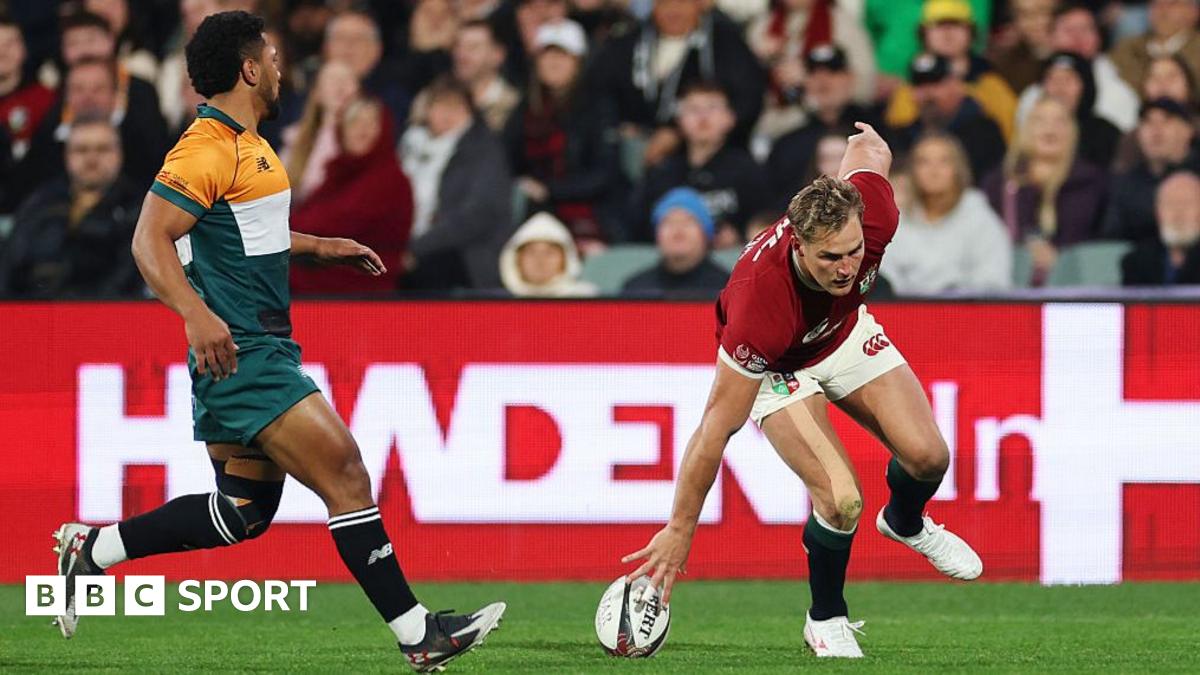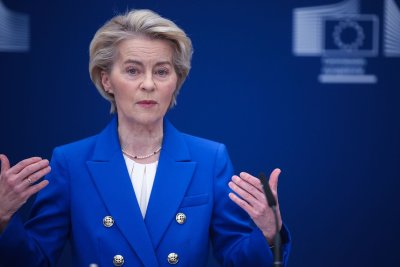Scotland: Duhan van der Merwe wants ‘to leave legacy’
Duhan van der Merwe, for one, wants “to leave a legacy” as he prepares to earn his 50th cap versus the USA at Murrayfield on Saturday.
“There’s still a lot more to give. I wouldn’t say there’s something I want to achieve as an individual, but as a team, I probably want to look forward to this autumn nations and go and win all four games,” the Edinburgh wing said.
“Looking at the Six Nations, have a real go at that. We’ve been talking about that over the last couple of years. Hopefully, the day I retire, I’ll be able to say I’ve won a Six Nations.”
Things are looking brighter for Scotland heading into this campaign than they were for this year’s Six Nations, when a crippling injury list grew to such horrendous proportions that any chance of a title challenge was mortally wounded before the action even kicked off.
Sione Tuipulotu, Scott Cummings, Kyle Steyn and all the others have returned, with Huw Jones the only notable absentee for this autumn series.
The healthy Scottish representation on the summer British and Irish Lions tour – 12 Scots tasted action in Australia – should also inject some fresh confidence into the group.
For Van der Merwe, however, it was a mixed experience. Having played all three matches in the Test series in South Africa in 2021, he failed to break into Andy Farrell’s matchday squad for any of the three Tests against the Wallabies.
“It was obviously bittersweet,” the 30-year-old said.
“It was a really special tour to be involved in that. Unfortunately, I wasn’t selected in one of the Tests, but I’ll be taking it game by game just to try and be at my best for Scotland.
“I’m not going to particularly look at a single game and say, ‘you guys didn’t select me’ and I’m going to try and have my best game’. I’m just going to take it game by game to show what I can do as a player.”
Van der Merwe has shown exactly what he can do in a Scotland jersey since his Test debut against Georgia in 2020.
He delivered a taste of what was to come in his first Scotland outing with a try – and he has gone on to amass 32 of them in 49 caps to become the country’s record try-scorer.
Starting against the USA will give him a chance to extend that record – and an opportunity to enjoy a personal milestone that seemed unlikely when he started his rugby journey in Scotland five years ago.
“It’s an unbelievable feeling,” he said. “When I made my debut back five years ago, I never thought I’d be sitting here making my 50th. It’s just a very special moment for myself and my family.
“I came over as a pretty raw player back in 2017 to Edinburgh. So to be on the receiving side of a couple of walk-ins and a couple of lucky tries against England kind of just shows the hard work that I’ve put in over the last couple of years.
“There’s been a lot of special memories over the last five years. I’m not getting any younger, am I? I kind of have to make the most out of what I think I’ve got left. I’ve got so much more to give over the next couple of years.”
